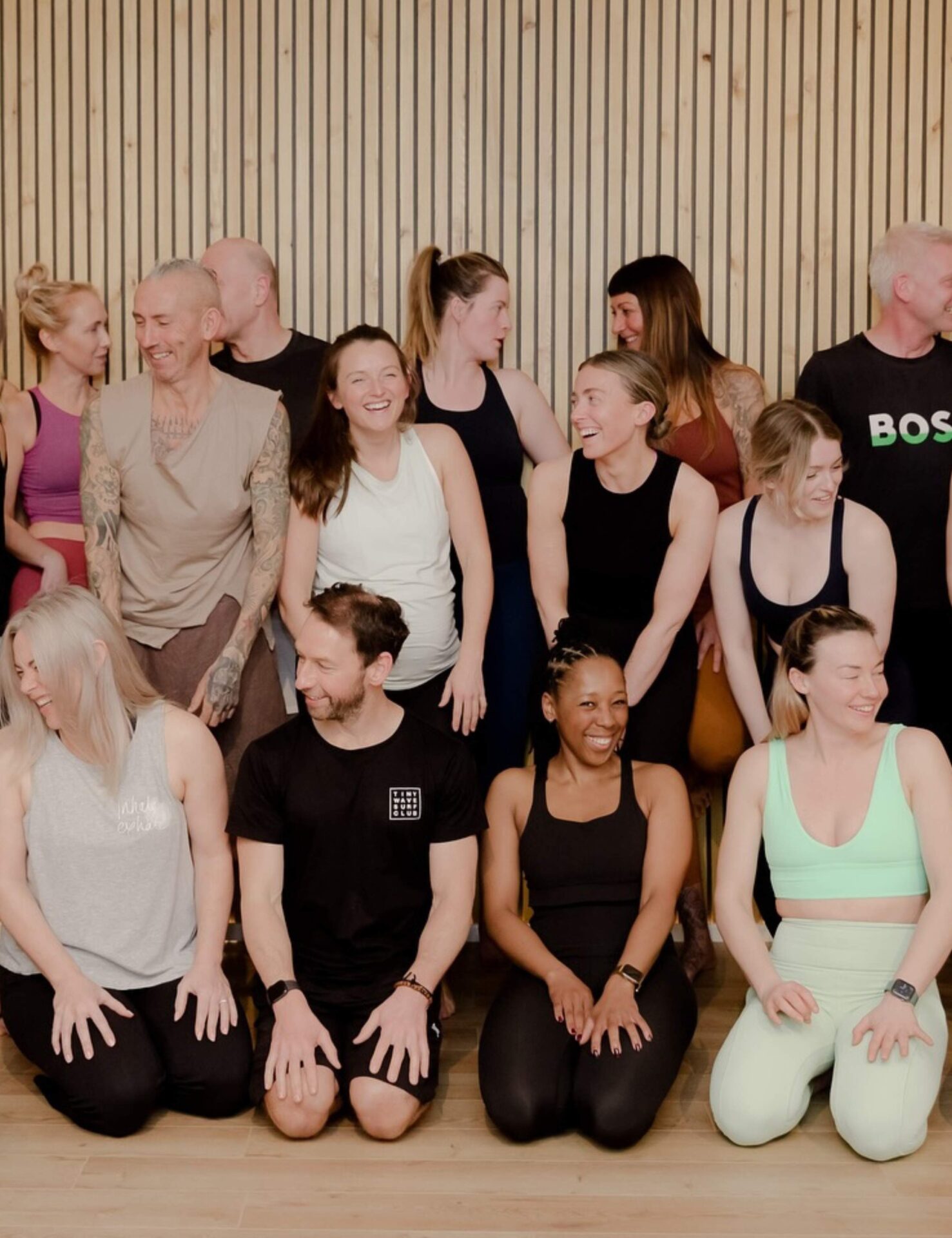- Feel Good
- 22nd May 2024
- 2.4k Views
- 0
- 7 minutes
A deep dive into loneliness – the impact, what to do when it hits, and ways to overcome it

In a world where there is the opportunity to text, instant message and snapchat every minute of the day, many of us are still feeling lonelier than ever before.
And while we might think older people are more likely to be impacted by loneliness, studies have found that 16-29 year olds are most likely to be affected.
The truth is that loneliness can affect all of us, no matter what life stage we are at. Whether we are single and wishing we had a partner, or in a relationship but feeling cut off from friends, a new mother struggling to socialise, career focused but without time to ourselves, the list is endless.
Loneliness is growing rapidly. And its impact is significant on both physical and mental wellbeing.
The impact of loneliness
Anyone who is experiencing feelings of loneliness on a regular basis may struggle with low mood, motivation and feelings of despair. Loneliness is often cyclical – so the more lonely you feel, the harder it is to socialise and the loneliness worsens.
Loneliness can lead to stress, anxiety and depression which can manifest with symptoms such as:
- Fatigue
- Poor appetite
- Lack of motivation
- Heart palpitations
- Headaches
Who experiences loneliness?
The truth is that everyone can experience loneliness at different stages of their life. Mental health charity Mind lists these life events as being triggers of loneliness:
- Experiencing a bereavement
- Going through a relationship break-up
- Retirement
- Changing jobs
- Starting university
- Experiencing mental health problems
- Becoming a parent
- Moving to a new area or country without family, friends or community networks
How can we overcome loneliness?
Now this is the big question. If your feelings have lasted for a long period of time or are preventing you from completing everyday tasks, then it would be best to seek help. This might mean speaking to your GP or contacting a charity such as Mind.
Otherwise, here are some things you can do as self-care to help lessen the impact of loneliness.

Starting small
Often with something like anxiety or loneliness, simply getting started can feel hugely challenging. When we are struggling, even seeing friends can be difficult as we become overwhelmed more quickly than usual.
So, start small. Start with a text to a close friend or relative. Or even smaller, by replying to something your friend posts on social media to prompt a conversation.
I always remember advice I received as a teenager during Chronic Behavioural Therapy: Socialising is like a muscle, the more you use it, the easier it will be to use it.
Finding a way to take that first step will be difficult but once you remember how easy it can be to have a little chat, or like a friends story on Instagram to prompt them to say hi, the easier socialising in general will flow.
Taking care of you
In schools we don’t expect children and young people to be able to achieve anything unless their basic needs are met. There is a pyramid of needs and if the bottom layer of the pyramid isn’t met then we can’t expect to stack anything else on top.
So if a child hasn’t eaten, had a drink and slept the night before, they won’t expected to practice maths.
And as adults if we are overworked and stressed, aren’t eating properly and have had too much caffeine, then speaking to someone or going out with friends will feel stressful instead of fun.
Take care of your basic needs – eat, sleep, take time for yourself – and you might find that your loneliness diminishes enough to let you reach out to a friend.
Avoiding comparison
It might be easier said than done but avoiding comparing yourself to others will help the effects of loneliness hugely. It is no coincidence that as social media has become a normal part of life, loneliness has also become endemic.
No matter our age or situation, it can be easy to forget that what people share online is often the highlight reel of a life that is just as messy and challenging as our own.
While we only share the weddings, new jobs, new homes and holidays, life isn’t like that for anyone.
The point is that comparing our lives to what we see online, or even in the real world when we’re all trying to present our best to the people around us, will only worsen those feelings of loneliness.
Mindfulness techniques such as box breathing and thought awareness can help with this. And it’s nowhere near as complicated as you might think.
Thought awareness simply means being aware of two things:
- That your thoughts are not fact.
- That a negative thought is happening and allowing it to pass without changing our mood.
What this means in practice is noticing when your mind is tumbling down an anxious rabbit hole and acknowledging that what you are thinking isn’t necessarily true.
For example:
- Someone doesn’t say ‘excuse me’ in the shop as they push past.
- Your thoughts might spiral as you assume the person was being rude on purpose, that they took one look at you and decided they didn’t like you.
With mindfulness and thought awareness you might notice your thoughts are spiralling.
Then you realise that you are making assumptions which aren’t based on fact.
Then you consider alternative possibilities – the person is upset or in a hurry so didn’t act as they normally would. Their action had nothing to do with you. Their action was not a judgement on you at all.
And then, you’re able to let the spiralling thought go.
I know it’s not as easy as this in real life but as with most things it becomes easier with practice. We begin to remember that our thoughts are not facts. We begin to stop the spiralling thoughts before they have a deeper impact on our own wellbeing
Meeting new people
Here is the scary one (for many of us). How do we make friends as adults? It can feel as though everyone has their circle of friends and breaking into that circle is impossible.
Join a yoga class, sign up to learn pottery or join a walking group. Whatever your interest may be, there will be like-minded people out there who would love to share the hobby with you.
Some of our favourite clubs and classes to meet new people around the North East include:

- Wellness Space – Yoga, Hiking Group and Child-Friendly Workouts
As well as being a wonderful yoga studio, Wellness Space is building a friendly and welcoming community for everyone. Their latest offering is a walking and hiking group and walk-and-talk events.
They even have parent-friendly exercise classes so if you’re a new parent this is a wonderful way to meet others.
You can book their upcoming events here: Events — Wellness Space - Vision Book Club
If you’re a fan of reading self-help and wellness books and would like the chance to chat about them with like-minded ladies, this is the place to be.
This super-friendly group reads a different book each month and then meets up to discuss it after different locations across Tynemouth and North Shields.
You can find them on Instagram @visionbookclub - The Newcastle Girls Club
This a club that aims to help its members meet new people, support females and empower each other. The club meets regularly to enjoy a range of activities from a visit to a dog cafe to yoga on the beach. This is the perfect welcoming space to make new gal pals and a new hobby or two as well.
You can find them on Instagram @thenewcastlegirlsclub
Remember that you are not alone. Pretty much every one of us will experience loneliness at some point in life – keep going, it won’t last forever.










Comments